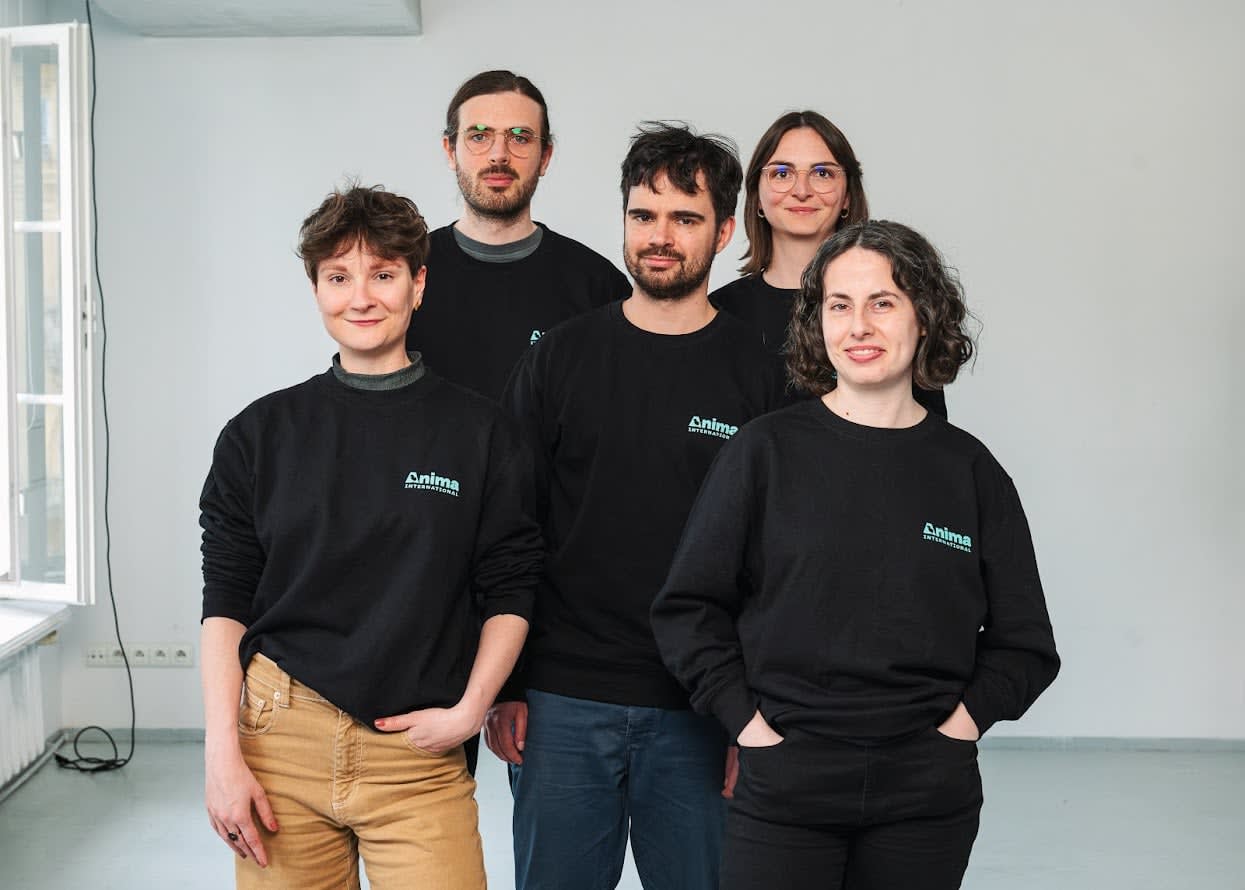Here is the latest update on what effective altruists around the world have been working on, from .impact's editable project updates document, through which people can share news about this. The subheadings with project names generally link to the pages describing them, but do ask any further questions you have in the comments.
- Launched!
- Went out in/on:
- EA Facebook group
- (Initial phase, to get a separate sample suggested by some people we consulted such as Greg Lewis.)
- EA Forum
- LessWrong (post got promoted again :-)
- Slate Star Codex
- GWWC Newsletter (arranged but not yet sent out)
- EA Facebook group
- Some extra distribution to come
- NB: survey of group organizers also going out soon
- Everything is right on track. The Newsletter goes out on a regular basis each second Monday.
- Developing Effective Altruism Merchandise
- Collaborating with The Life You Can Save to spread Giving Games to the secular community
Building peer-to-peer fundraising software
- Jonas Vollmer pointed Tom Ash to the fee-free generosity.com.
- (The project of building flexible open source software for the EA community and others remains on hold as too demanding to be worth it with our current resources.)
Local effective altruism network
- Contacted a large batch of new people about providing local presences for EA and signed up people in several new areas, coming soon
- Built a few new websites for local groups
- Signed up Peter McIntyre and Brian Tse to run regular conference calls for groups in Asia/Australasia, and had the first one of these. We now have regular calls from groups in North America, Europe and Asia/Australasia, at timezones friendly to these.
- Peter McIntyre did an EA Australia retreat
- Prepared survey of group organisers, ready to go out
- Did a bunch of purely internal work
- Set up new groups from cold-calling seeding: Hobart, Santa Cruz, Cape Town and Leuven
- William Saunders added search by profile contents: http://eahub.org/user/profiles/search
Google Hangout QA specifically pitched at newcomers
- Myself+5 attendees (though 3 of them are people I personally knew, so not sure how scalable) this Saturday
- Sufficient interest for me to run more trial sessions
- https://docs.google.com/document/d/1iUpCTwFNaroz4kKfCKvV3vtrn4-vw5uMuiK5pFyNIqM/edit
Fundraising
- Tom provided EUR 1000 in matching donations for AMF to Telofy Sparkle for his launch of Bronies for Good album ’Seeds of Kindness: Building Bridges’ ( http://yoursiblings.org/fundraiser/seeds-of-kindness-building-bridges/ )
Good Code
- New Incentives Mobile Money Token
- New Incentives Sheets Backup
- New Incentives Photo Backup
- Help SCI with using Dropbox
- Chat with Ka-Ping Ye`
- Aid grade, Deepdive evaluation
Guesstimate
- New Header
- Different Distribution Types
- Metric Descriptions
- Lots of UI changes
- Several models
- Plan to launch Beta this week.



Kudos again on the EA survey!
BTW, here's the early outcome of the Intentional Insights collaboration with The Life You Can Save to spread Giving Games to the secular community. We have launched a pilot program with the Secular Student Alliance to bring Giving Games to over 300 student groups throughout the world. Here's more information about SSA-themed Giving Games.
Sounds great, thanks for the update! How many groups will be taking part, and will you be reporting on the outcomes in future project updates?